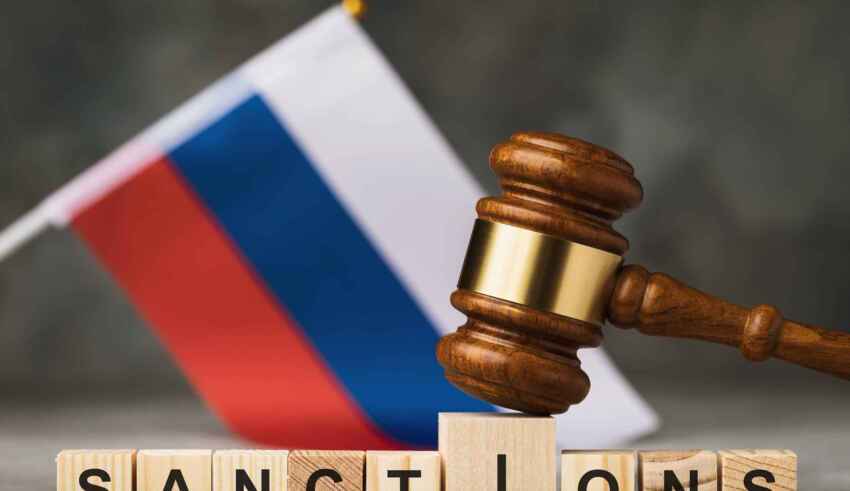
Since the beginning of the Russia-Ukraine war, many different countries have unveiled a diverse set of sanctions towards Russia. These sanctions have been considered unprecedented in terms of scope, coordination and speed. They have been used to target oligarchs, the country’s banking system, energy and manufacturing sectors and the country’s access to global trade. However, many experts assure that Russia’s economy has proved to be far more resilient than expected, which has also raised questions about the actual effectiveness of the sanctions imposed.
The unprecedented nature of the sanctions have made their effects hard to quantify. However, according to experts, the short-term effects of the more than 13,000 different sanctions have not been as serious as expected. The Russian economy shrunk by only -2.1% last year, and still, it is expected to grow by 0.7% throughout this year (as forecasted by the International Monetary Fund). The energy sector has shown to be crucial for this, since despite the rapid falling of exports, prices rose even faster, increasing gas revenues in 2022.
Russia has been able to sell enough oil and gas abroad to finance the war despite the many sanctions that have been imposed. Russian oil seems to be exporting at even higher levels than during 2020, especially to India and China (which are considered the biggest importers of Russian oil). However, the International Energy Agency has also stated that oil revenues have fallen due to the price drop that the sanctions have caused.
Many of the imposed sanctions consist of the banning of certain goods’ imports from Russia, and the banning of certain goods’ exports to Russia. However, it seems that many of the banned goods’ exports still seem to still find their way into Russia. Many businesses and states are circumventing these sanctions, meaning that they are using third countries to sell their products to Russia. In the beginning of 2022, exports to Russia of luxury items that were on the list of sanctioned products plummeted. However, their exports to Russia’s neighboring countries increased significantly. Analyses show that 12 EU countries, Norway, the UK, the US and Japan accounted for 8 billion euros in circumvented exports in 2022.
Russia’s geography has proved beneficial when it comes to resisting sanctions. The many land borders and huge coastline make it easier for the country to be able to import sanctioned goods. Despite the initial assumption that the war would be opposed by the international community as a whole, many states in Africa and Asia have refused to condemn Russia’s actions, which facilitates the circumvention of sanctions.
This past June, the EU announced a new round of sanctions would be put in place. This new round consisted on aiming at companies based on other states that are suspected of being circumventing previous sanctions. According to analysts, the fact that sanctions on third countries have to be imposed shows that they have not been working as intended. Nevertheless, this has also shown that they are aware of this loophole and are already working on improving their existing sanctions’ implementation.
Despite the sanctions apparently not working as intended, , it must also be noted that even if Russia is somehow resisting many of the effects of the imposed sanctions, these will inflict long-term damage on Russia’s economy and global competitiveness over time. Moreover, many experts argue that despite this image of steadiness on the surface, Russia’s economy may be suffering more than it is apparent and that Russia’s military capacities will at some point suffer the effects of the sanctions.
It is therefore of great importance that the countries that have imposed such sanctions are wary of the loopholes and the routes Russia is using to circumvent the sanctions, to ensure that their credibility is not lost. It is imperative that thorough mechanisms are enforced to ensure that the sanctions are correctly implemented and that these third countries are pressured to stop acting as transit countries for imports. Moreover, hope on their effectiveness should not be lost, since the long-term effects of the sanctions are yet to be seen.
Irati Arrieta
REFERENCE LIST
CORISK. (2022). Sanctions Across Your Supply Chain. corisk.no. https://corisk.no/en/handelsbarometeren/
Nozhin, V. (2023, 28 June). Are the economic sanctions against Russia actually working? euronews. https://www.euronews.com/2023/06/28/are-the-economic-sanctions-against-russia-actually-working
By The European Institute for International Law and International Relations.















